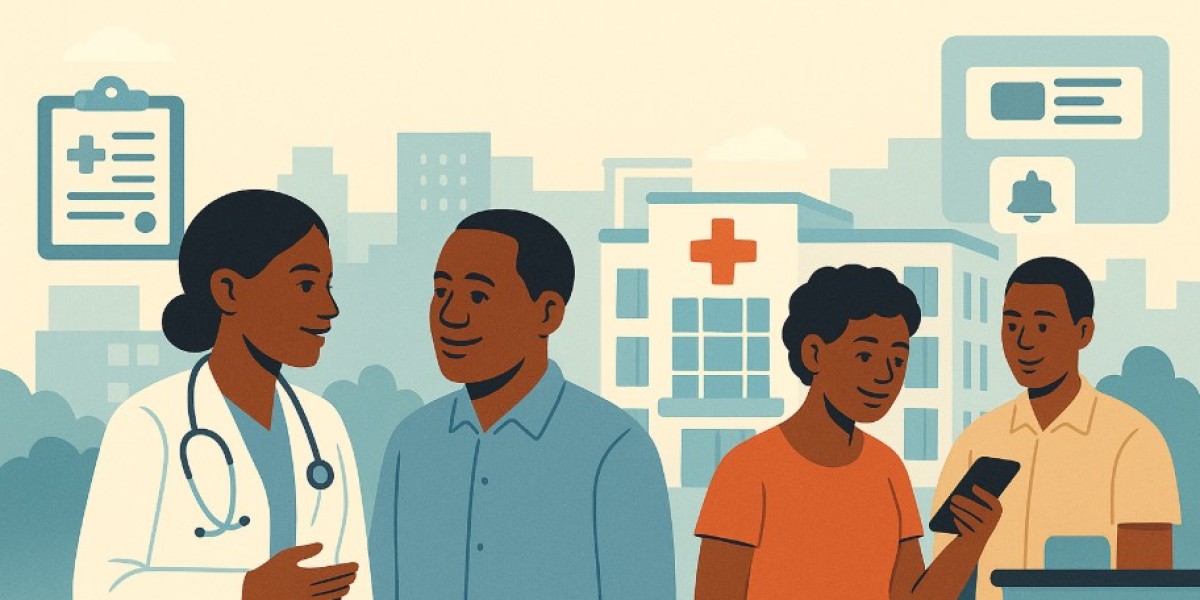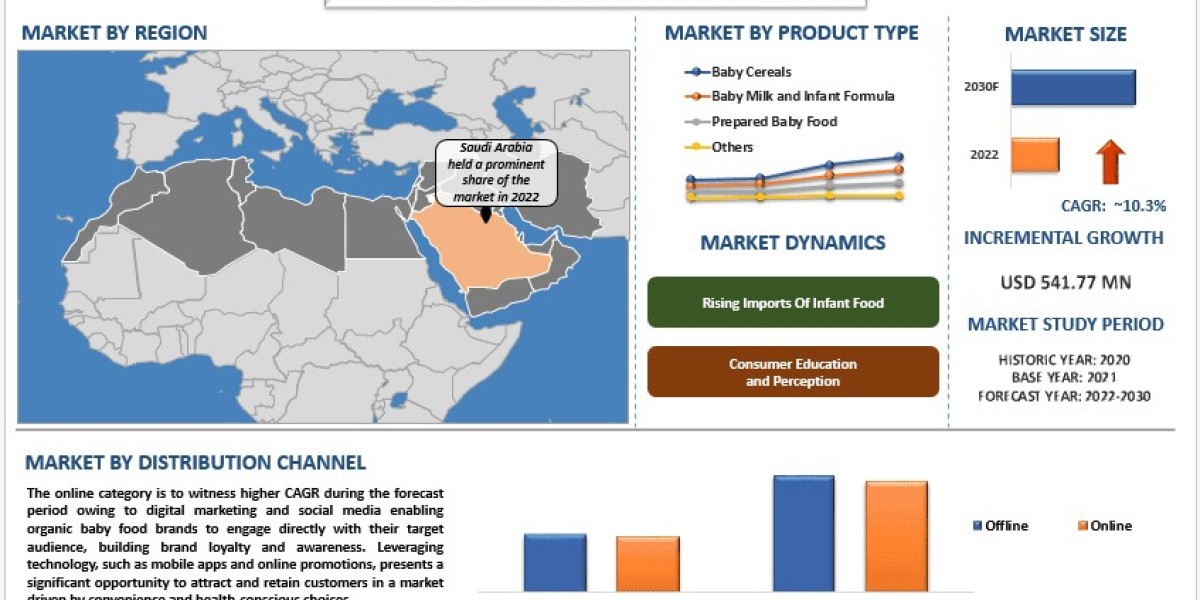Kenya’s rising middle class is reshaping the country’s healthcare landscape—not just in terms of demand, but in expectations of how care is delivered, sustained, and experienced. With greater financial flexibility, higher health literacy, and more options, this demographic is no longer passive in its relationship with healthcare providers. Instead, it seeks trust, consistency, and long-term value.
This evolution presents a new challenge for private hospitals and clinics: how to earn and retain patient loyalty in an increasingly consumer-driven market. Unlike traditional models that focused on affordability or emergency response, the emerging middle class is pushing healthcare providers to think more like long-term partners—and less like service vendors.
In this shift, private providers led by figures such as Jayesh Saini are at the forefront, not only adapting to this new dynamic but also shaping it through deliberate strategy, patient-centric design, and deep community engagement.
The Rise of the Informed Healthcare Consumer
The middle class in urban Kenya is expanding in both numbers and expectations. These patients:
● Compare hospitals based on online reviews and digital presence.
● Value continuity of care across multiple health needs—from pediatric to geriatric.
● Expect their care providers to be responsive, digitally accessible, and transparent.
● Consider emotional and physical comfort as essential to the care experience.
In short, the Kenyan middle class has become a discerning healthcare consumer, prioritizing trust and experience alongside treatment. For private healthcare providers, this means loyalty must be earned—through systems that go beyond clinical outcomes to include reliability, responsiveness, and rapport.
From Transactional to Relational: A Strategic Shift
Private healthcare in Kenya is experiencing a transition from transactional care to relational care. Rather than viewing each visit as a one-time interaction, institutions are now tasked with creating systems that nurture ongoing relationships with patients and their families.
This shift includes:
● Family care packages that extend benefits across age groups.
● Chronic care programs that emphasize follow-up and prevention.
● Digital touchpoints such as SMS updates, patient portals, and appointment reminders.
● Personalized communication based on patient history and preferences.
At the heart of this transformation lies a leadership style that understands healthcare as an emotional journey—not just a clinical event. Jayesh Saini’s leadership model, especially visible in institutions like Bliss Healthcare and Lifecare Hospitals, integrates this approach across all touchpoints, from front-desk reception to surgical discharge protocols.
Building Trust Through Predictability and Transparency
In a healthcare environment still struggling with wait times, misinformation, and inconsistent communication, predictability and transparency have become the currency of trust. The middle class expects:
● Accurate timelines for procedures and results.
● Clarity on billing and insurance claims.
● Reliable access to specialists and second opinions.
● Proactive updates on new services or relevant screenings.
Networks established under Jayesh Saini’s leadership have responded to these needs with a coordinated strategy. Bliss Healthcare, for instance, has invested in integrated platforms that allow patients to view lab results, prescriptions, and appointment histories digitally. Lifecare Hospitals, on the other hand, have implemented operational standards that limit unnecessary delays while maintaining high clinical quality.
These moves are not just conveniences—they’re essential tools for maintaining the trust of a middle class that now treats healthcare the way it treats banking, travel, or telecommunications: as a service experience with expectations of clarity and control.
Loyalty Is Built Over Time—and Across Channels
In today’s landscape, brand loyalty is built through repetition and reassurance. A patient who brings their child for a vaccination is likely to return for a dermatology consultation—if their first experience was smooth, respectful, and professional. Over time, this creates a relationship not just with a doctor, but with a system.
Healthcare groups led by Jayesh Saini have understood this dynamic early. They have:
● Ensured cross-specialty integration for a one-roof care experience.
● Trained staff to provide consistent patient communication, regardless of branch or location.
● Offered preventive care programs and community outreach initiatives to reinforce brand visibility.
This patient journey mapping—once common only in global healthcare systems—is increasingly evident in Kenya’s best-run private institutions. The objective is simple: make healthcare reliable, personal, and dependable.
The Future: A Loyalty Model Rooted in Values
As Kenya’s middle class continues to grow, loyalty will increasingly align with values. Patients are already asking:
● Does this hospital align with my family’s needs and priorities?
● Do they invest in the community or only in profits?
● Is their care inclusive, ethical, and future-focused?
Jayesh Saini’s leadership philosophy addresses these deeper concerns through initiatives that span urban and rural Kenya, offering care to underserved regions while maintaining quality in urban hubs. With entities like Dinlas Pharma, Fertility Point, and Lifecare Foundation operating alongside clinical centers, there is a visible commitment to ethical healthcare and long-term transformation—factors that matter deeply to a values-driven patient base.
Conclusion: Loyalty Is the New Metric for Success
In Kenya’s evolving healthcare marketplace, patient volume is no longer the only benchmark. Patient loyalty—measured through return visits, cross-service usage, and word-of-mouth referrals—is the new indicator of success. For private providers, meeting this standard will require more than just beds and buildings. It demands trust, responsiveness, and a commitment to service excellence.
Jayesh Saini’s healthcare network is proving that with the right systems, leadership, and mindset, loyalty can be earned—and sustained. As Kenya’s middle class continues to evolve, these providers are well-positioned to remain not just relevant, but indispensable.






